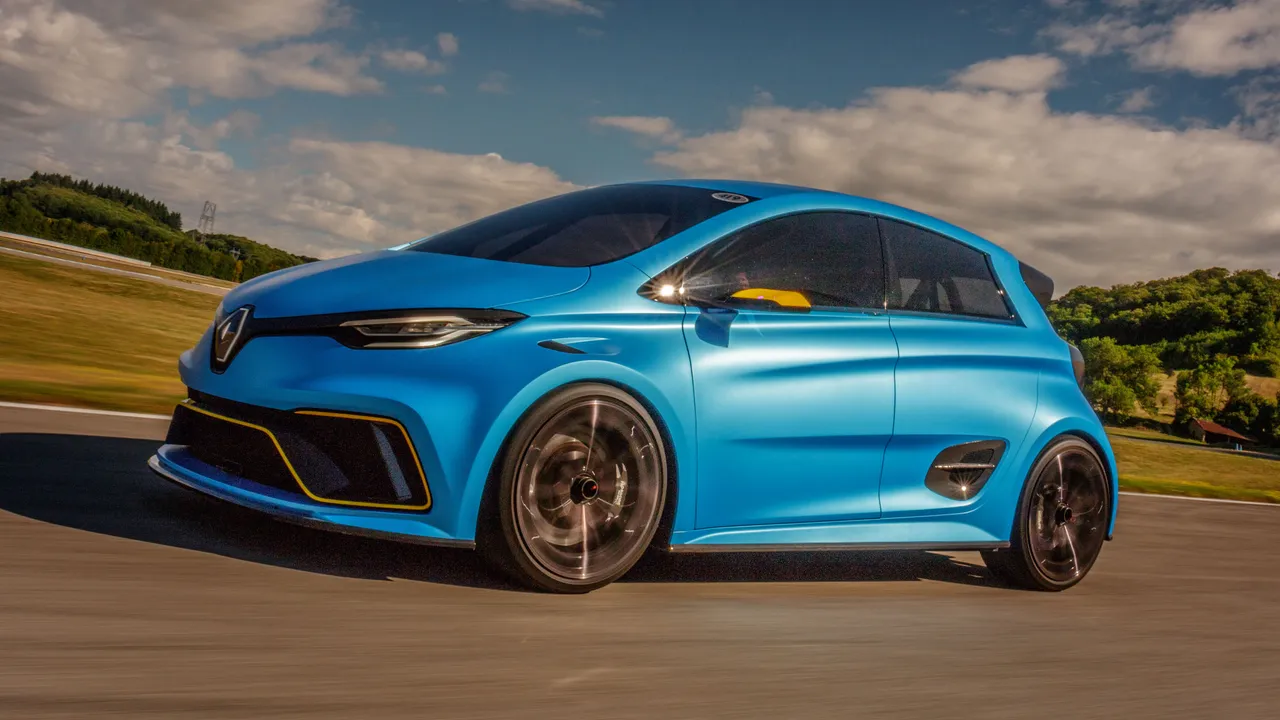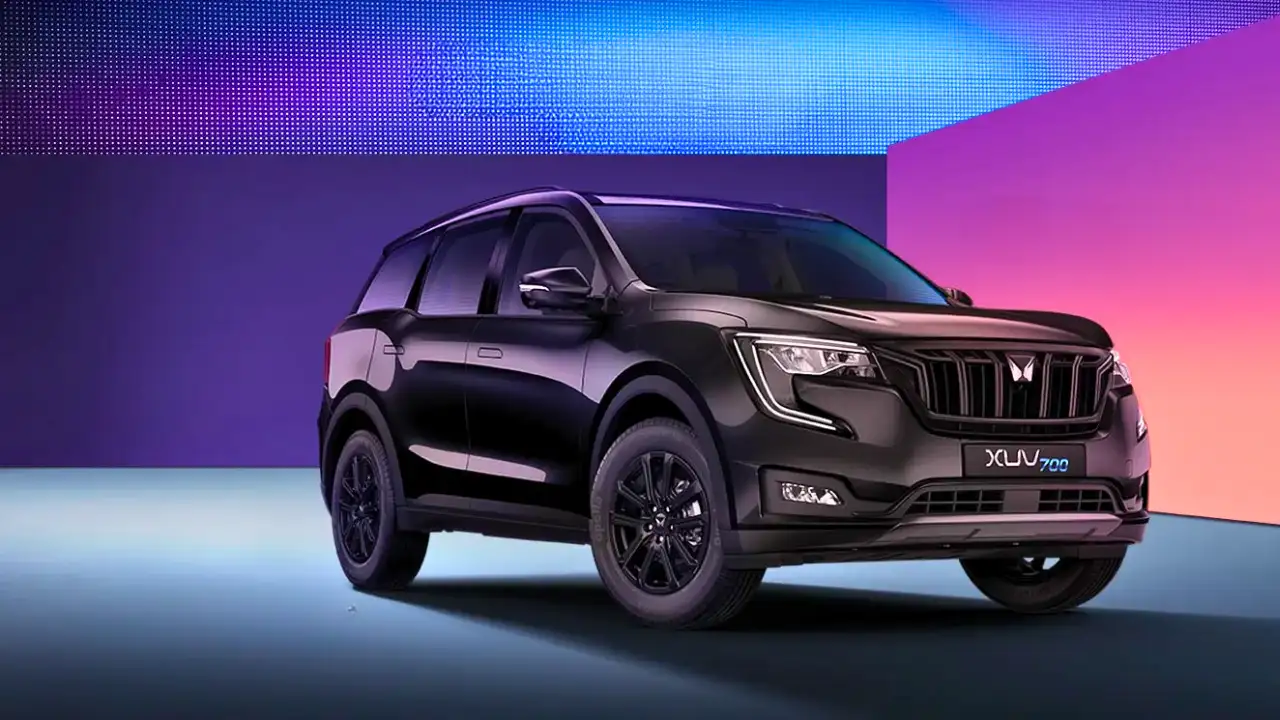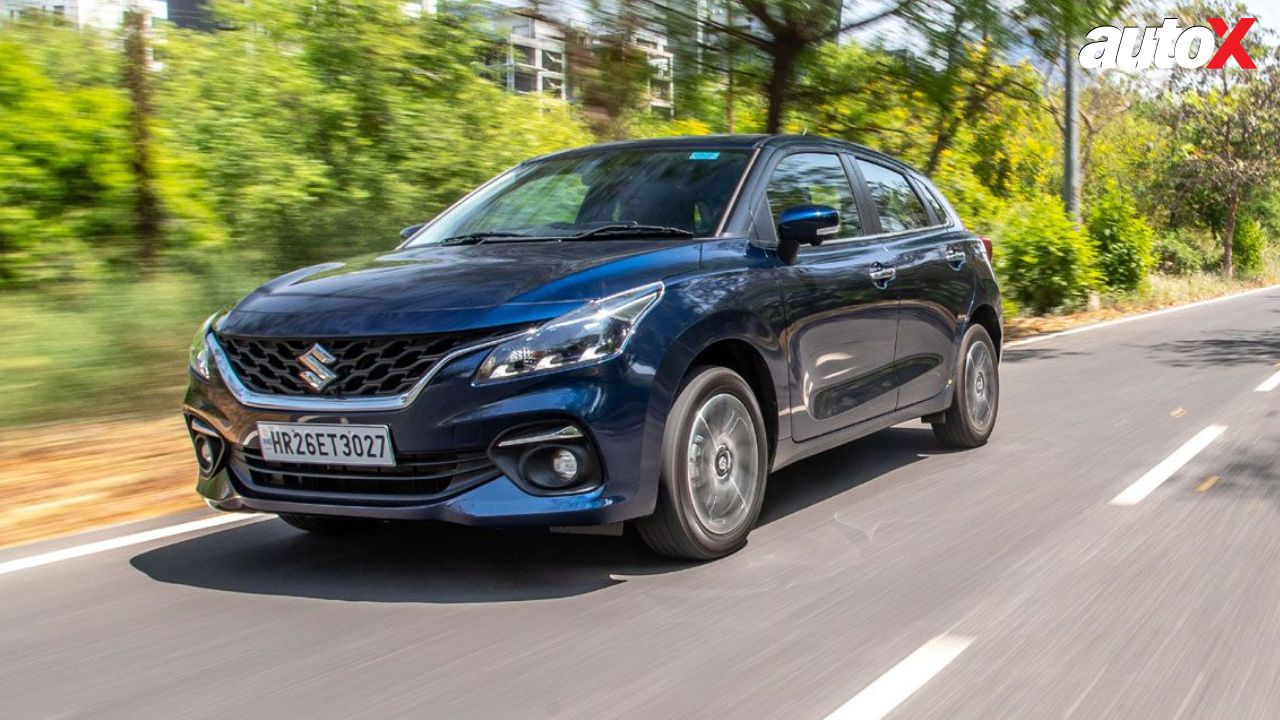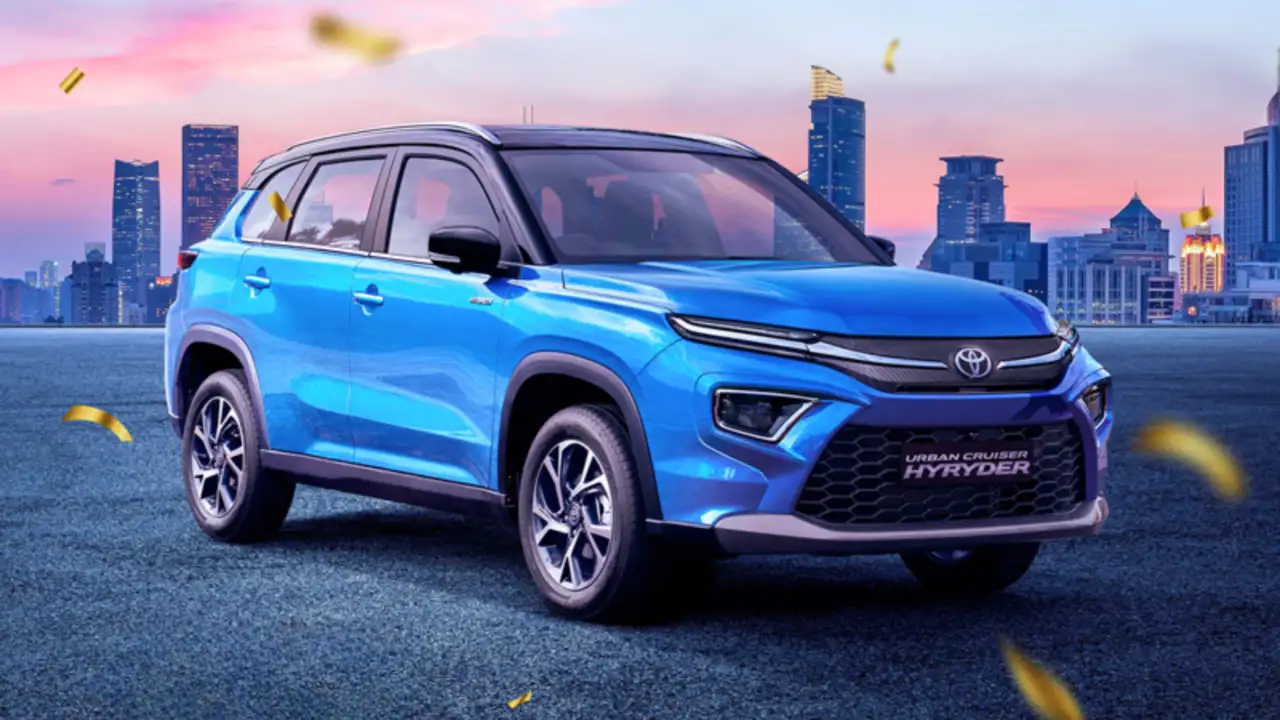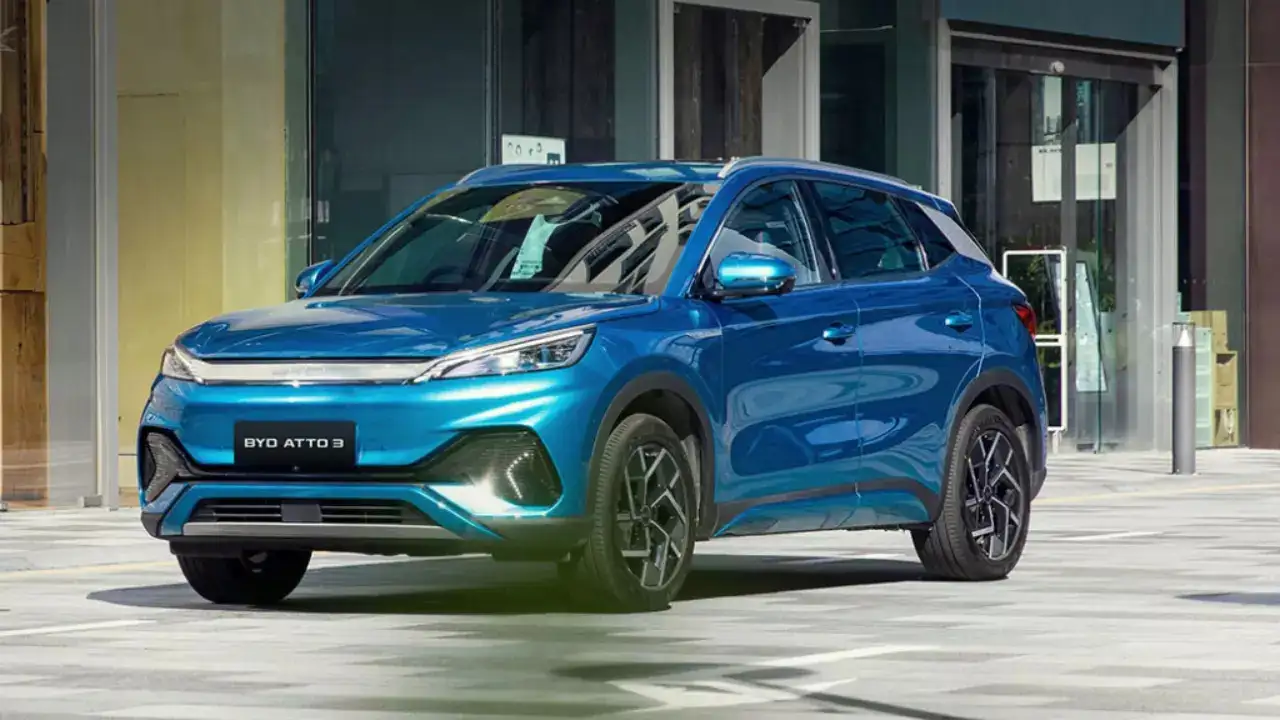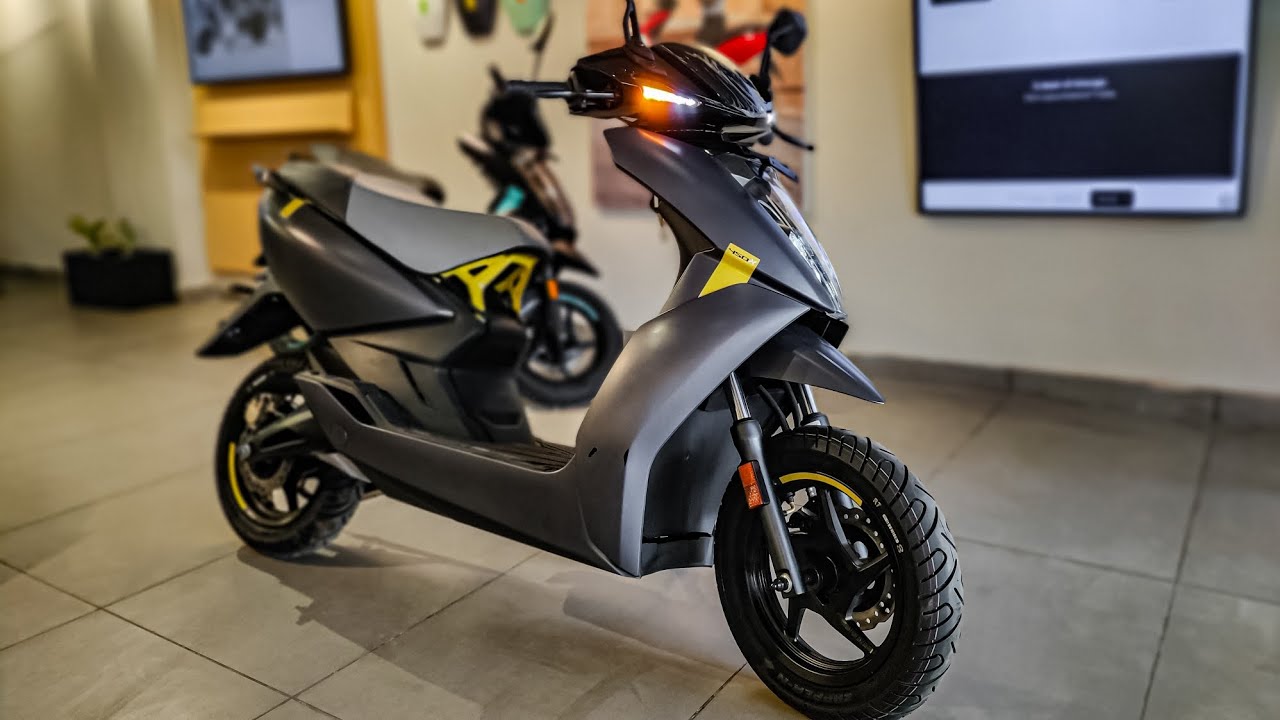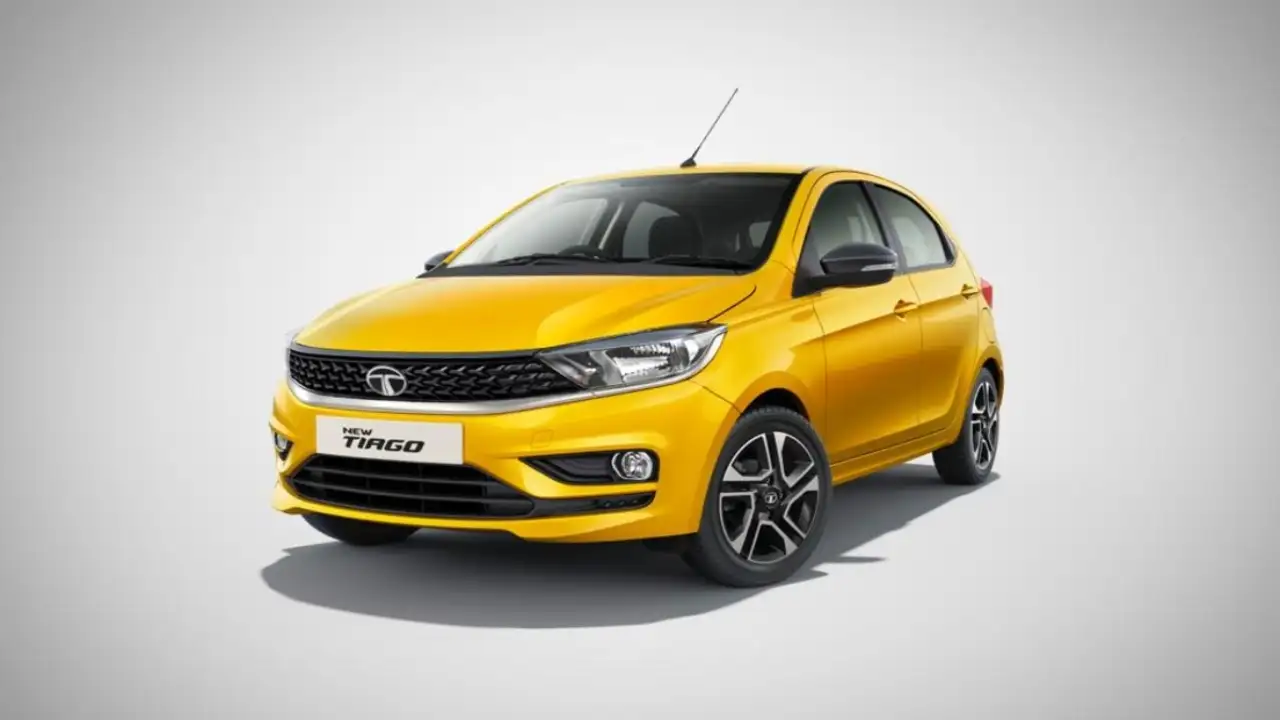As the electric vehicle (EV) market continues to evolve, manufacturers are adjusting their strategies to stay competitive and sustainable. Renault has recently announced a price increase for its popular electric hatchback, the Zoe EV, for the 2025 model year. While the Zoe remains one of the most accessible and well-known EVs in Europe, the price revision could influence buyer sentiment and market dynamics.
With governments pushing for cleaner mobility solutions and consumers showing growing interest in electric alternatives, the Zoe has played a crucial role in making electric driving more mainstream. But with the new pricing structure for 2025, prospective buyers will need to evaluate how the updated rates affect its value proposition.
Why Have Renault Zoe Prices Gone Up in 2025?
Several factors contribute to the increase in the Zoe EV’s price for the 2025 model year. One of the primary reasons is the rising cost of battery materials such as lithium, cobalt, and nickel. As global demand for EVs surges, the supply chain for critical components has come under pressure, pushing up production costs.
Additionally, enhancements in safety, technology, and efficiency have been made to the 2025 Zoe model. Updates to battery management systems, improved driver-assistance features, and infotainment upgrades are part of Renault’s broader commitment to innovation and sustainability. While these improvements enhance user experience, they also contribute to a higher manufacturing cost.
Finally, regulatory compliance, especially with stricter Euro 7 emissions and safety regulations, has also led to additional investments that are reflected in the new pricing.
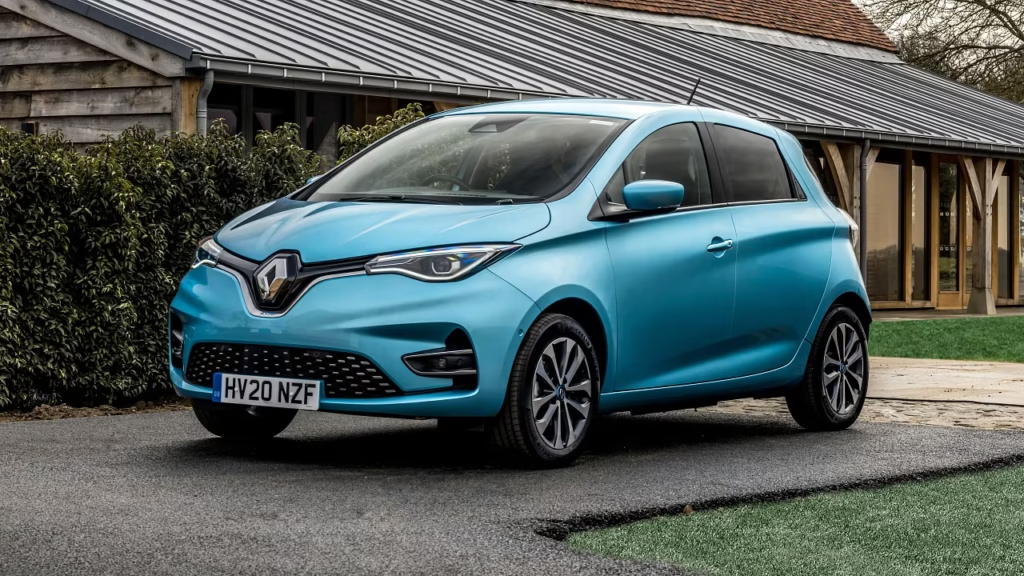
How Much Have Prices Increased?
The price increase for the 2025 Renault Zoe varies depending on the variant and configuration. On average, buyers can expect a rise of around 4% to 6% compared to the 2024 model. This translates to an increase of approximately €1,000 to €1,500, depending on the country and available incentives.
For instance, a standard variant that previously started around €32,000 may now be priced closer to €33,500 or higher. Premium versions with extended range, additional tech features, or fast-charging capabilities will naturally see a higher jump in price.
Despite the hike, the Zoe remains competitively priced in comparison to other small EVs in its class, especially when factoring in government subsidies and incentives for electric vehicle buyers.
What It Means for Potential Buyers
The Renault Zoe has earned its reputation as a practical, urban-friendly EV with excellent range for its size, user-friendly features, and a compact design ideal for city driving. With the 2025 price increase, prospective buyers will need to decide if the new features and enhancements justify the extra cost.
The Zoe continues to offer a strong balance between affordability, range, and comfort. It is well-suited for daily commuting, thanks to its nimble handling, easy charging options, and eco-friendly footprint. Furthermore, Renault’s ongoing support for EV infrastructure and customer service adds value to the overall ownership experience.
That said, the growing competition in the EV space means that buyers now have more alternatives than ever. Models from brands like Peugeot, Fiat, and Volkswagen are all vying for a share of the same market segment, offering compelling features and pricing strategies.
Is the Zoe EV Still Worth Buying in 2025?
For buyers seeking a reliable and efficient electric hatchback, the Zoe still remains one of the best options available. Its proven track record, updated feature list, and improved battery technology make it a practical choice for urban dwellers and eco-conscious drivers.
While the price increase may push it slightly out of reach for some first-time EV buyers, incentives and financing options could help bridge the gap. Moreover, the Zoe’s low running costs, exemption from congestion charges in many cities, and government-backed EV grants continue to make it financially viable in the long term.
Final Thoughts
The 2025 Renault Zoe EV price increase reflects broader trends in the electric vehicle industry, driven by material costs, technological upgrades, and regulatory requirements. Although the revised rates might impact budget planning, the Zoe still delivers solid value for money, especially for those looking for an efficient and city-friendly EV.
As the EV landscape becomes more competitive, the Zoe’s blend of affordability, performance, and trusted engineering ensures it remains a strong contender in the electric hatchback segment.
